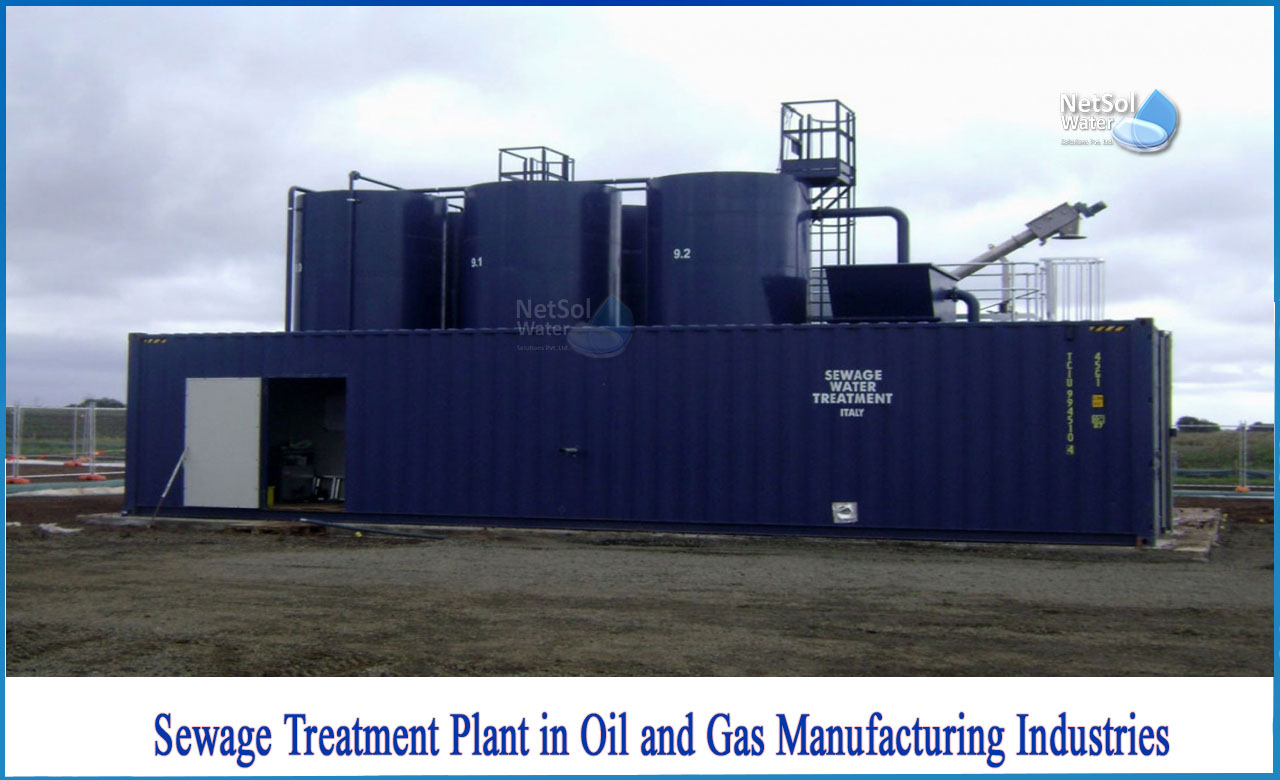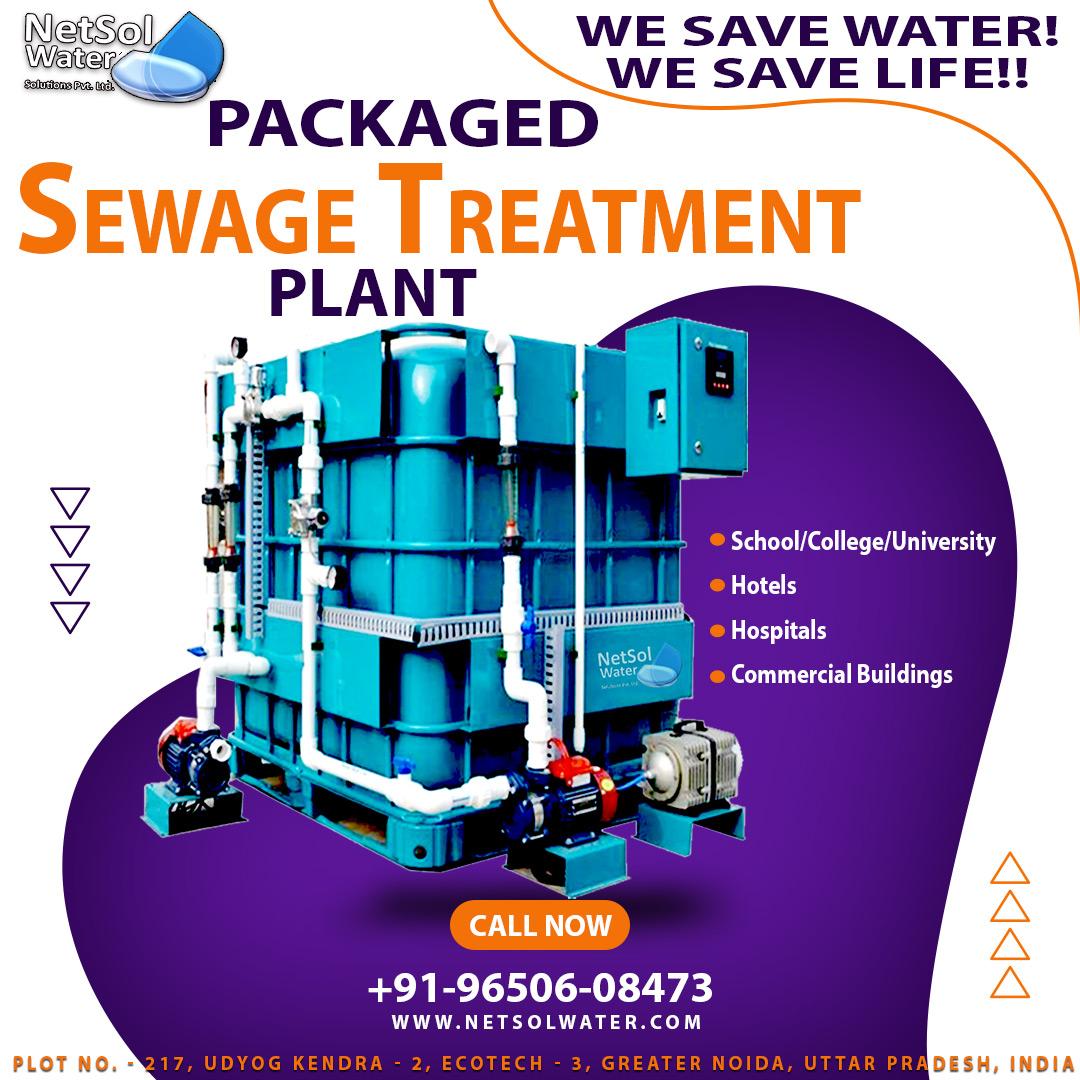What is STP in oil and gas manufacturing industries?
Produced water from oil and gas well operations may contain oils, toxic metals (e.g., arsenic, cadmium, and chromium, and mercury and lead), salts, organic chemicals, and solids. Traces of naturally occurring radioactive material have been found in some produced water. Deck drainage, domestic waste, and sanitary waste are also generated on offshore oil and gas platforms. Well sites typically discharge drill cuttings and drilling mud during the drilling process (drilling fluid).
Organics loading in the oil refining industry is significantly influenced by a diverse range of hydrocarbon species and a large amount of free oil. Many engineers believe that because the wastewater influent contains a high concentration of recalcitrant and inhibitory compounds, these industrial wastewaters are the most difficult to treat using biological treatment. As a result of its process control flexibility in the face of variable influent concentration, activated sludge (AS) is the clear choice of biological treatment, particularly in these two industries.
Need of STP in oil and gas manufacturing industry:
(1) Affecting drinking water and groundwater resources, endangering aquatic resources;
(2) Endangering human health;
(3) Atmospheric pollution;
(4) Affecting crop production;
(5) Destructing the natural landscape, and possibly due to the coalescence of oil burner safety issues that arise.
All these factors lead to installation of STP’s in such industries.
Advantages of STP’s in oil and gas manufacturing industry:
- Prevent water borne diseases: Waste water treatment systems are specifically designed to keep water clean. Inadequate treatment results in faecal sludge and other forms of water pollution, which can spread disease and increase antimicrobial resistance.
- Improve efficiency: Improve the efficiency of your industrial manufacturing process by using wastewater treatment, specifically liquid-solids separation technology. These systems filter out inorganic particles and garbage, as well as larger items, from stormwater runoff and wastewater. With a liquid-solids separation system in place, you can increase the efficiency of your manufacturing operation while lowering your operating costs.
- Safeguard public health and safety: Oil and gas wastewaters are typically allowed to be spread on roads for dust suppression or de-icing. The high salt content of wastewater treatment, which includes calcium, sodium, strontium, and magnesium, makes it ideal for de-icing and dust suppression.
However, organic, salt, and radioactivity concentrations in oil and gas wastewaters are high. This wastewater has the potential to contaminate roads and cause biological toxicity, including in humans. Furthermore, when oil and gas wastewater accumulates on the road, it has the potential to contaminate water resources.
As a result, oil and gas wastewater should be treated before being used on dirt roads to deice or suppress dust in order to protect public health and workers' safety.
- Increase by product recovery: In general, any industrial process that uses a large amount of water has a significant amount of by-product that is washed into wastewater streams. Having a wastewater treatment system in place can help you find treasure, such as scraps from ingredients, fines left over from steel, and other residual materials that would otherwise be thrown away.
- Minimize the waste: Implementing an industrial wastewater treatment system can help you reduce waste in your facility. It saves you money while also ensuring that chemically treated water is cleansed and removed in a safe and environmentally friendly manner.
- Clean and safe processed water: Wastewater can be reused, and reusable water helps save money while also saving the environment. Toxins in wastewater are removed during the process, resulting in clean, safe water.
Water is a resource that can be replenished. Toxins, however, take a long time to be eliminated by rain and evaporation. As a result, wastewater treatment is a practical solution for speeding up the process while also providing safe and crystal-clear reusable water.
Conclusion:
Wastewater treatment is extremely useful in manufacturing and other industrial businesses. Aside from saving water and preventing pollution, wastewater treatment increases productivity, prevents equipment damage, and promotes efficient operations.
One important thing to remember is that you must have a high-quality wastewater system in place. For smoother manufacturing operations, contact Netsol water to install your treatment plant.




